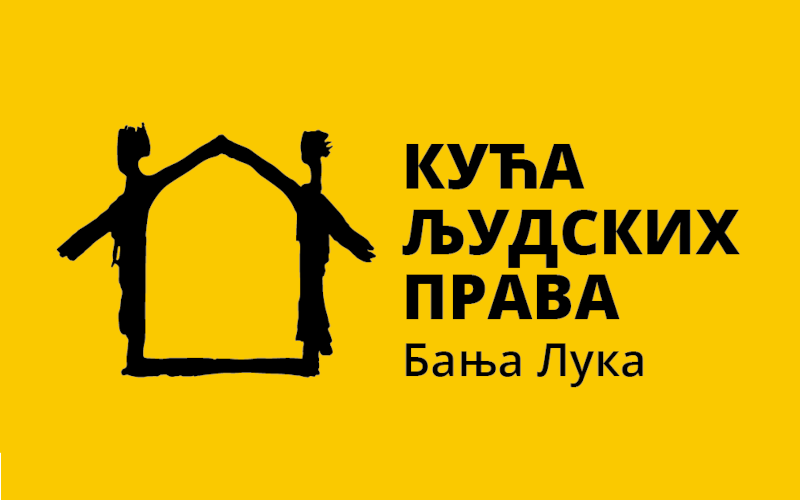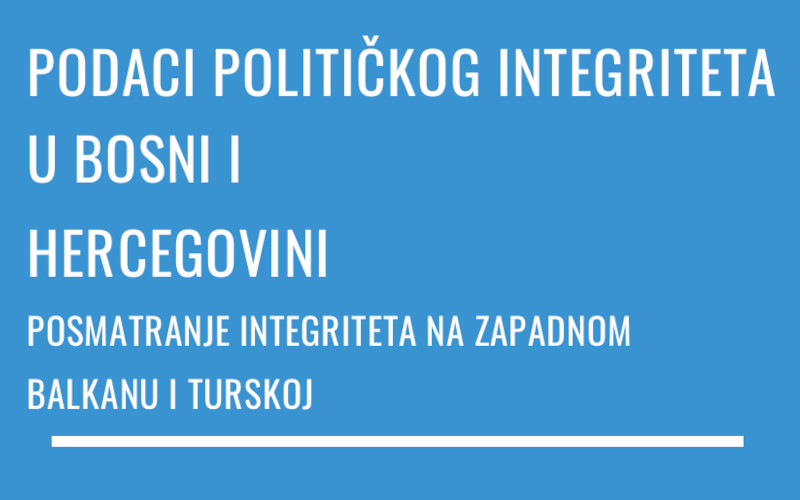Representatives of the Human Rights House Banja Luka participated in this year’s human rights conference, which took place from May 5 to 6 in Vienna, and which is organized under the patronage of the OSCE and the OSCE Office for Democratic Institutions and Human Rights (ODIHR).
Across the OSCE region, civil space is narrowing, restrictions on peaceful assembly are increasing, and human rights defenders face increasing challenges in carrying out their important work.
The OSCE and the Finland’s OSCE Chairpersonship brought together governments, civil society and international organizations to discuss the dangers faced by protesters, how human rights defenders are being suppressed or silenced, and what can be done to keep civil space open and support those who defend our rights.
The Human Dimension Implementation Meetings, the largest annual human rights conference in Europe—which brings together hundreds of government officials, international experts, civil society representatives and human rights activists to assess how states are implementing their obligations to guarantee the core values that promote respect for human rights and fundamental freedoms—also held special panels on the sidelines.
In cooperation with the Human Rights House Foundation, Edo Kanlić from Transparency International in BiH and Redžib Skomorac from the Centre for Environment, as representatives of the Human Rights House Banja Luka, together with colleagues from the Lawyers’ Committee for Human Rights and Civic Initiatives from Serbia, participated in a panel dedicated to the current challenges facing civil society in the Western Balkans.
Kanlić specifically pointed out that the new so-called “foreign agents” law in the Republic of Srpska could potentially be misused against engaged citizens. Although the Constitutional Court of Bosnia and Herzegovina has temporarily suspended the application of the law, civil society organizations in the Republic of Srpska are practically operating in a sphere of legal uncertainty because their work can be labeled as “politically undesirable” due to the current political turmoil, constitutional revisionism, and retrograde narratives. He also made a significant contribution to the general sessions of the conference, where he emphasized that the current political situation in the country causes serious threats and violations of human rights and freedoms—which must be urgently and adequately addressed internally and internationally.
Skomorac pointed out that the recriminalization of defamation in the Republic of Srpska could also be used for retaliation, which could lead to self-censorship and abstention from the enjoyment of freedom of expression. He added that SLAPP cases (abuse of justice) were also recognized in BiH, as well as the questionable institutional independence in the field of human rights protection. He called on OSCE member states (including the European Union) to act much more engaged, vocal and preventively in cases of violations of international standards. He particularly called for prioritizing democratization in the field of environmental protection and public resources—an area that, due to its authentic democratic potential, is extremely important for internal and regional stability and security.
As part of its strategic work, the Human Rights House Banja Luka, together with its members, will continue to identify patterns of violations of human rights and freedoms, and to communicate serious social and institutional deviations with the international public and other mechanisms aimed at protecting the individual and collective rights of citizens of Bosnia and Herzegovina.



